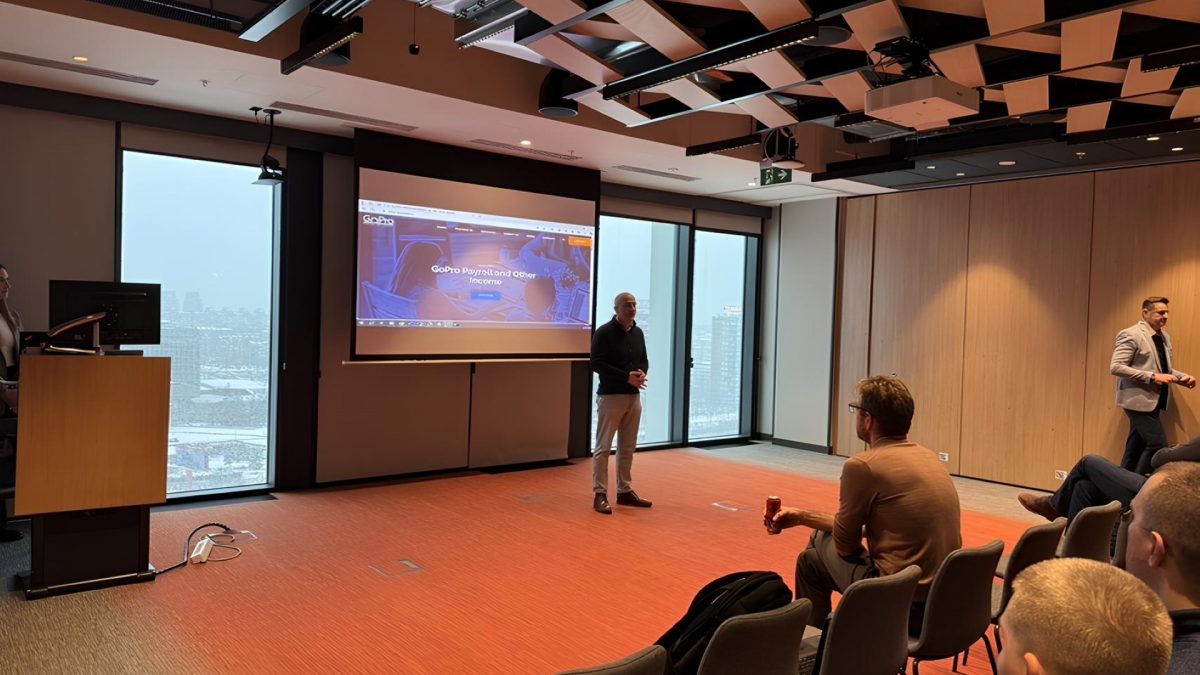ERP solutions have been around since the 1960s. While they have significantly evolved over the years and implementation costs have become affordable even for small businesses, some companies still hesitate to adopt an ERP system, believing it to be too expensive. However, what often goes unnoticed is the cost businesses incur by not implementing an ERP solution. These costs are hidden and may not be immediately apparent, yet they are significant enough to hinder long-term growth and profitability.
In this article, we will discuss several hidden costs that arise when a company operates without an ERP system.
Lost Time and Reduced Productivity
Without an ERP solution, businesses are left dealing with scattered data. Just imagine how much time could be saved if all critical information were stored in a single system. Instead of searching for necessary data and manually entering the same information into multiple programs, that time could be redirected toward strategic activities that drive revenue and business growth.
Making Decisions in the Dark
When data is scattered across various systems, Excel spreadsheets, and documents, management often lacks a clear overview of finances, inventory, and sales. As a result, decisions may be based on incomplete, outdated, or inaccurate information—each mistake potentially leading to financial losses and operational disruptions. With an ERP system, management has real-time access to key business insights, enabling them to make well-informed decisions with confidence.
The Cost of Additional Applications and Extensions
Investing in separate applications and custom-built functionalities can quickly add up, often surpassing the cost of an integrated ERP solution over time. Managing multiple standalone solutions not only complicates workflows but also requires additional resources for maintenance and administration.
Cybersecurity Risks
Storing all business-critical data in a centralized ERP system, rather than across multiple platforms with varying security levels, significantly enhances data protection. An ERP solution replaces spreadsheets and unprotected documents that accumulate on employees’ desks or are shared via email. One key advantage of an ERP system is the ability to control access—only authorized employees can view and edit specific data, minimizing the risk of data breaches and misuse.
Instead of viewing an ERP system as an expense, consider it an investment that ultimately helps save money in the long run.
Unlock the Full Potential of an ERP Solution
Microsoft Dynamics 365 Business Central brings cutting-edge technology to business process management, enabling companies to focus on their core operations and growth. As a modern solution within the Dynamics family of business applications, it seamlessly integrates with the Microsoft ecosystem, simplifying daily tasks while providing advanced planning and forecasting capabilities.
Let us help you take your business to the next level—get in touch today!








